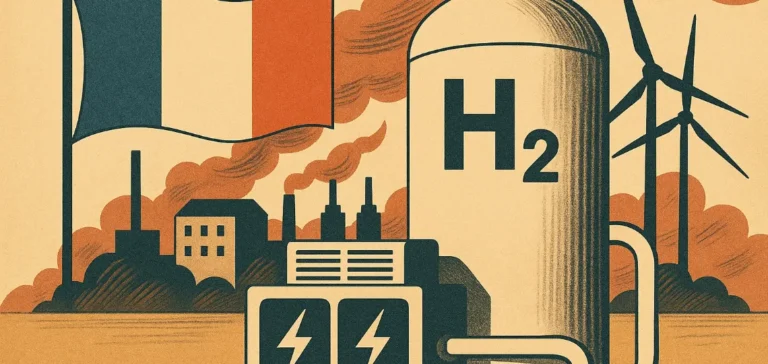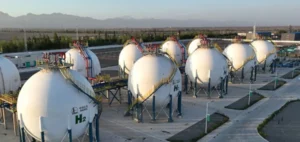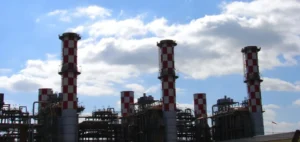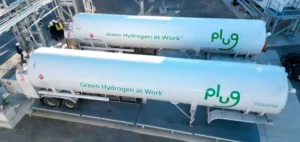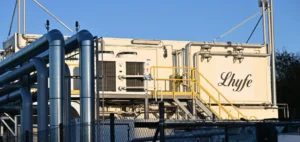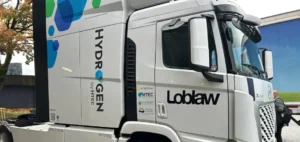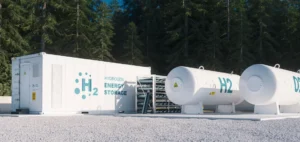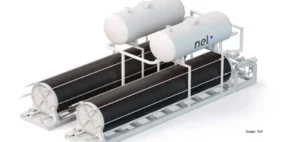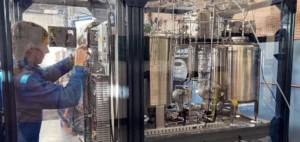Turbotech, a French company specialising in aircraft propulsion, announced it has successfully completed functional tests of a scalable turboprop powered by cryogenic hydrogen. The engine, developed for the light aviation sector, was built in partnership with Ansys Inc., a publicly traded US-based firm specialising in engineering simulation software.
The adopted solution relies on full integration of Ansys simulation tools at all stages of the engine’s development cycle. According to Turbotech, this approach enabled the identification of two injector designs particularly suited to hydrogen combustion, thereby reducing the need for physical prototypes. Testing confirmed 30 hours of combustion with no significant component degradation or measurable increase in emissions.
Digital optimisation and cost reduction
Use of Ansys Fluent™, a computational fluid dynamics software, enabled internal turbine geometries to be optimised for the unique characteristics of hydrogen combustion. Combined with advanced multiphysics modelling, this strategy shortened development timelines and minimised prototype manufacturing costs.
The entire process was structured around a digital thread linking simulation, testing and production data. According to Turbotech, this infrastructure was made possible through an initial collaboration under the Ansys Startup Program, which supported development of the company’s regenerative turbine.
Industry partnership and institutional support
The tests were conducted under the BeautHyFuel project, led by Turbotech and Elixir Aircraft, with participation from Safran, Air Liquide and Daher. The project is backed by France’s Directorate General for Civil Aviation (DGAC) and aims to validate light propulsion using liquid hydrogen that meets technical and regulatory requirements for short-haul air transport.
According to available information, all simulations were run on optimised local workstations without the use of high-performance clusters, providing logistical and economic efficiencies. Turbotech stated that this test phase opens opportunities for applications in drones, VTOL (vertical take-off and landing) vehicles, and light aircraft.
A structuring technological framework for light aviation
“We were able to adapt our existing technology to hydrogen in a very short timeframe thanks to simulation,” said Guillaume Malet, Chief Technical Officer of Turbotech. “Without this approach, obtaining reliable results would have required a far more costly prototyping effort.”
The project remains at a pre-industrial validation stage, but consortium members believe it could eventually help structure a dedicated hydrogen-powered light engine sector.


